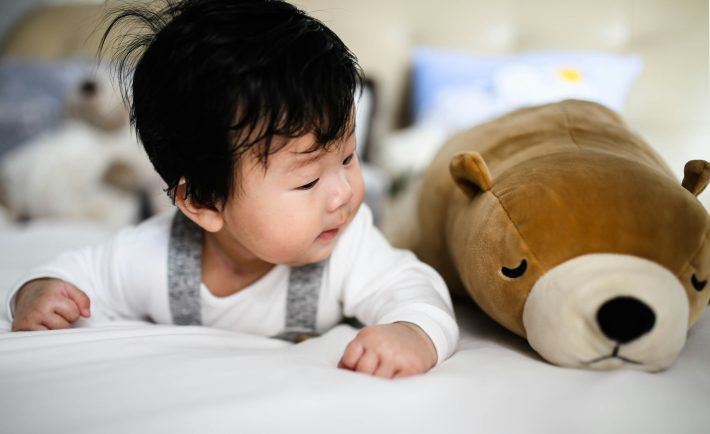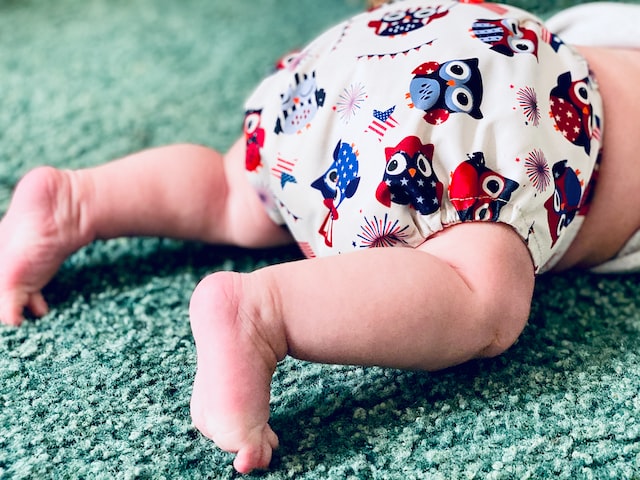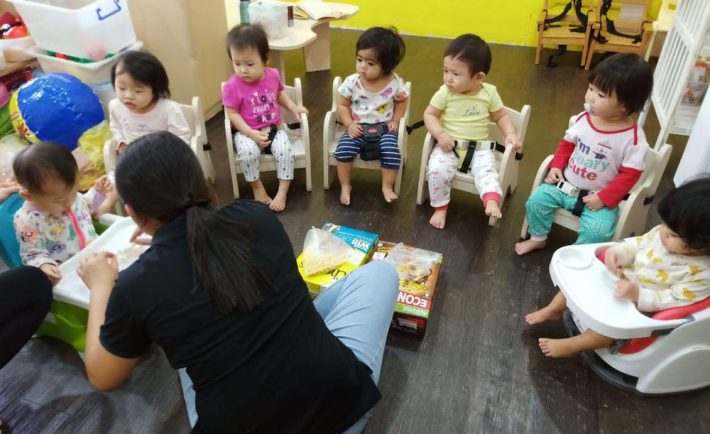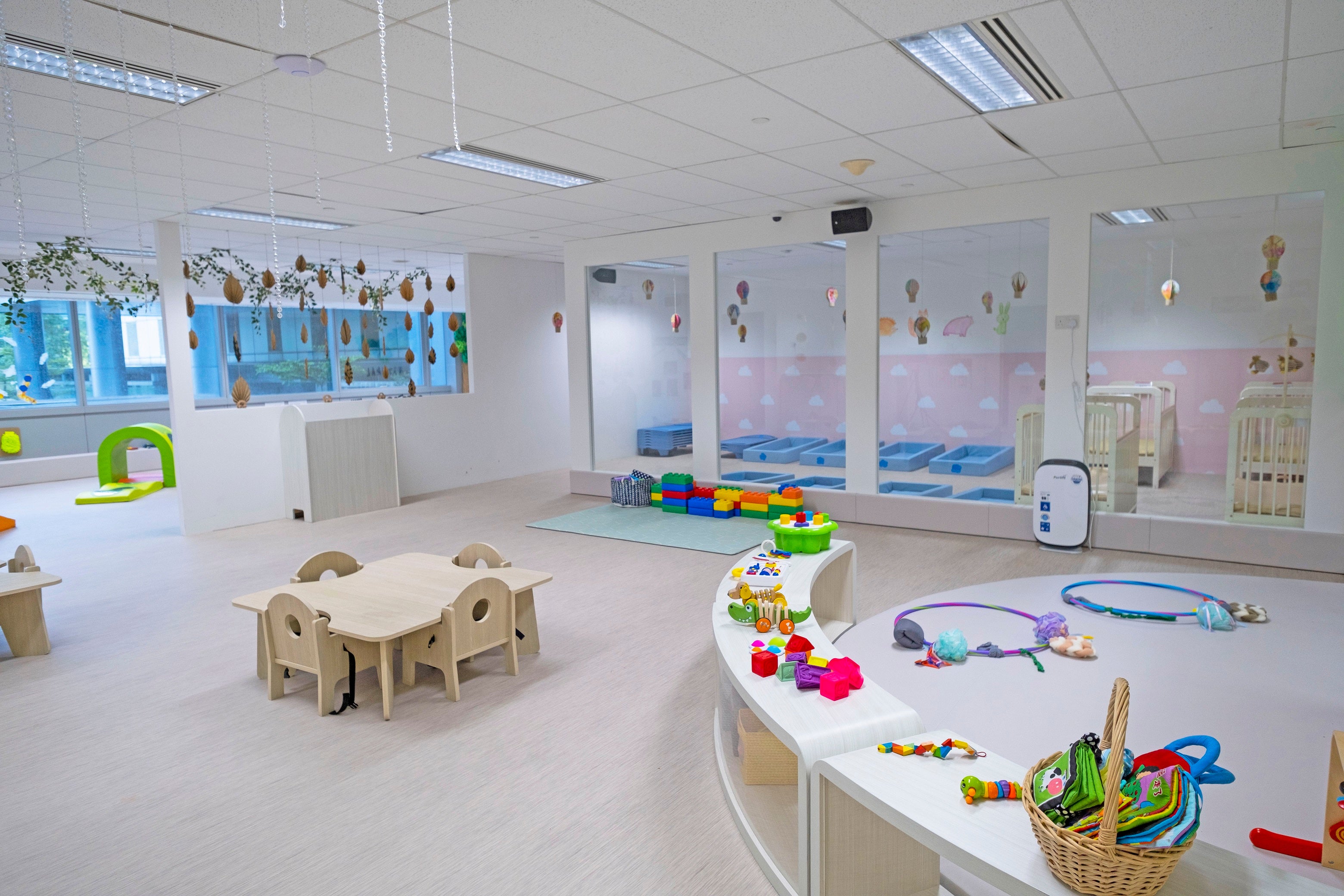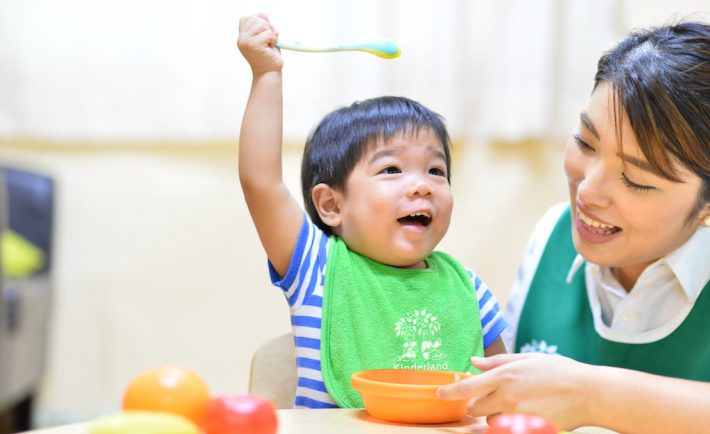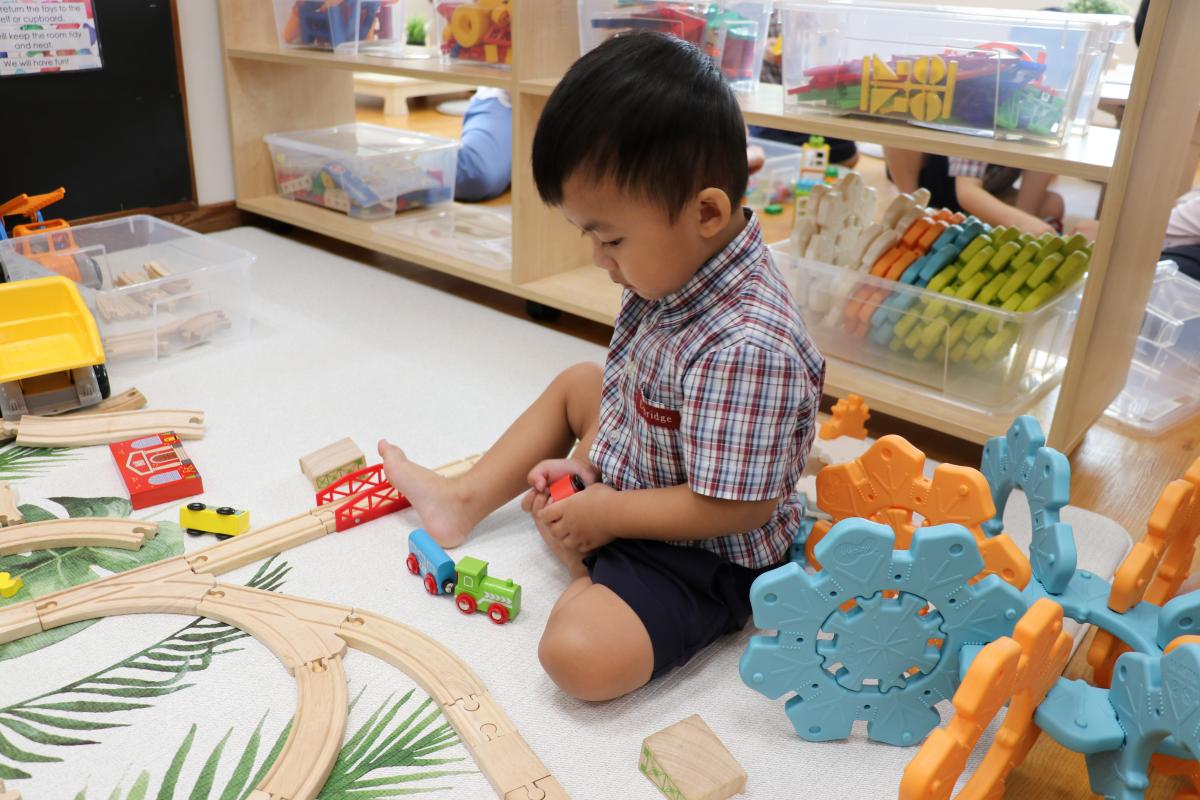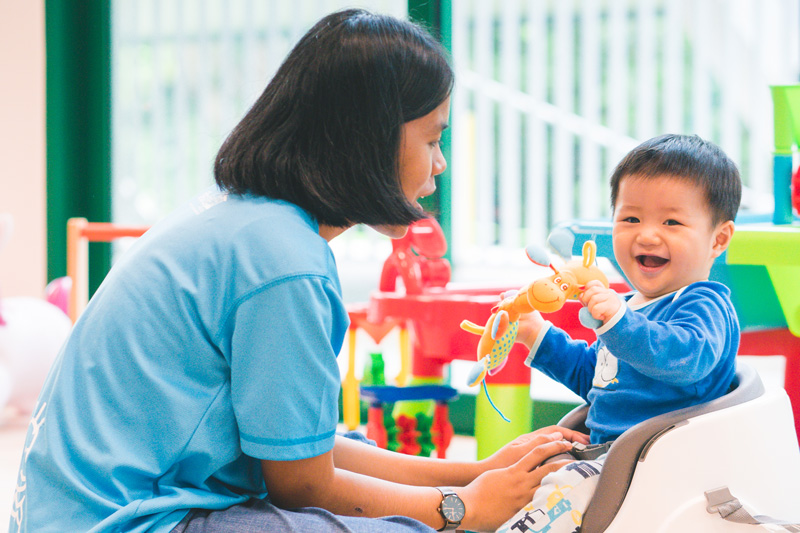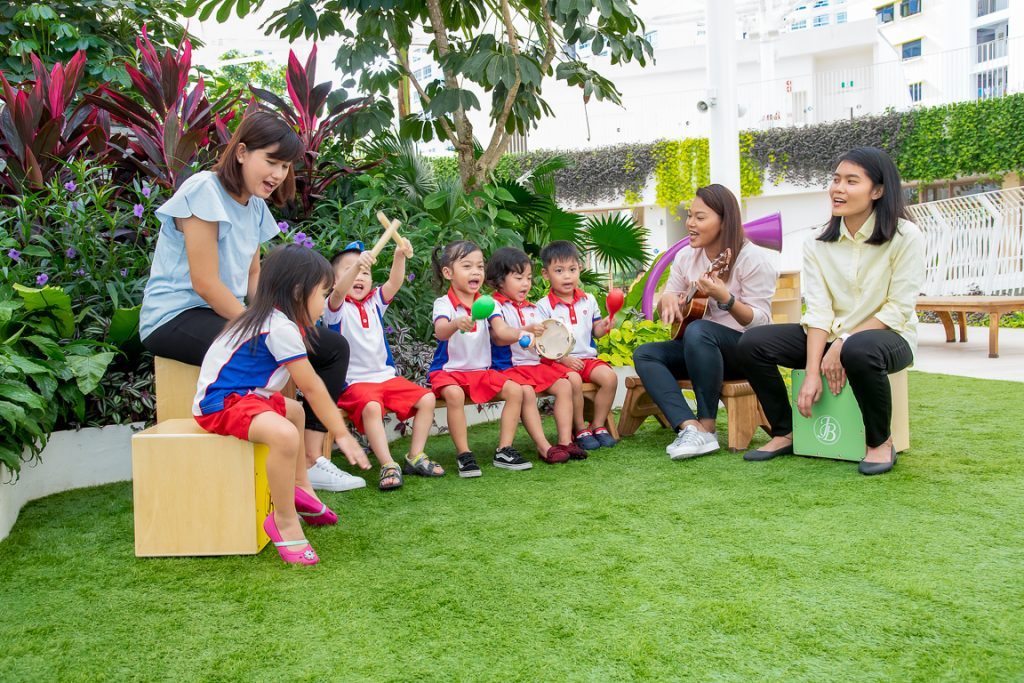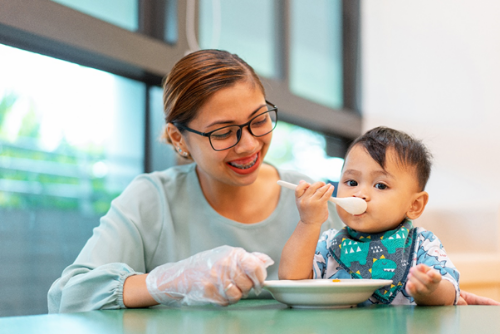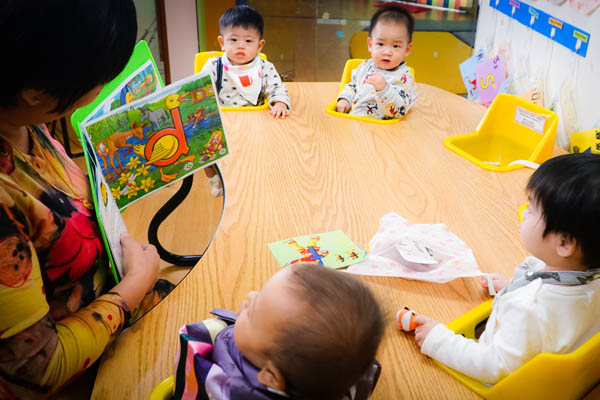Are you a working parent with an infant or having a newborn on the way?
Then this post would be relevant to you.
The government is planning to try out a childminding service to supplement infant care centers.
This pilot program will care for 500 kids between 2 months and 18 months in the first year, and then increase to 700 kids after that.
Childminders, also known as nannies, used to be common in Singapore back in the 70s and 80s.
But now it seems like parents don’t know where to find trusted childminders.
Or perhaps some think that childminding may cost more than other options like infant care centers.
What are the real costs involved?
This new childminding service should cost about $700/month.
That’s similar to what median-income families pay at major infant care centers where fees at those centers are capped at $1,235 per month for Singaporeans.
But if you’re a working mom, you can receive subsidies of at least $600/month.
Private childminding, usually with home-based nannies, costs between $1,200 to $2,800/month.
Unlike centers, the government doesn’t regulate these prices.
The good news for the pilot program is that you can use money from the Child Development Account (CDA) to pay for childminding.
What’s the hiring process like?
The Early Childhood Development Agency (ECDA) will appoint operators, and in turn, these operators will hire the childminders.
Each childminder can care for up to 3 infants at a time and this could be at their own home, or at community centers/clubs nearby where there is high demand.
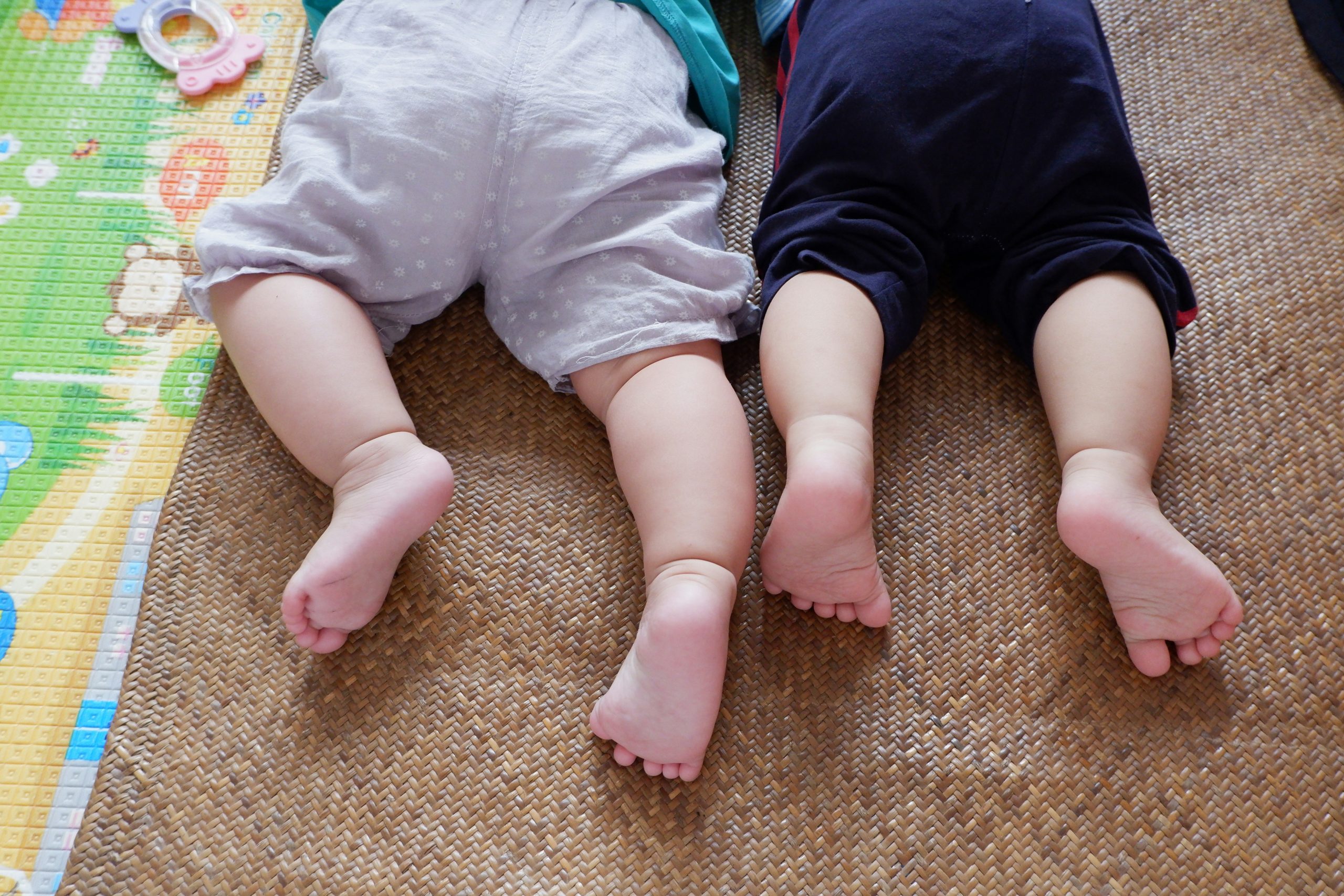
Image Credits: unsplash.com
All operators must follow set rules to keep the kids safe.
For instance, having guidelines for safety and letting you know about the profile of these childminders.
The childminders will also need to be formally trained to care for infants.
The government will conduct background checks on operators and childminders and work with operators to set industry standards too.
What are the benefits?
Childminding offers flexibility compared to centers with lots of kids.
And FYI, centers usually don’t take in sick kids.
With childminding, parents like yourself can choose what works best for your family’s needs and preferences.
Since not everyone prefers the structured setting of centers, there may be a demand for more flexible hours or individualized child care at home.
The bigger goal is to grow childminding as another affordable and reliable option for parents.
With that said, the government wants to set baseline rules without limiting the types of services provided or reducing how many parents can use childminding.
Currently, there are no formal regulations for childminding or babysitting.
Anyway, more details will come in the 2nd half of 2024 after more discussion with parents, childminders, and operators.
So stay tuned for the next update.

